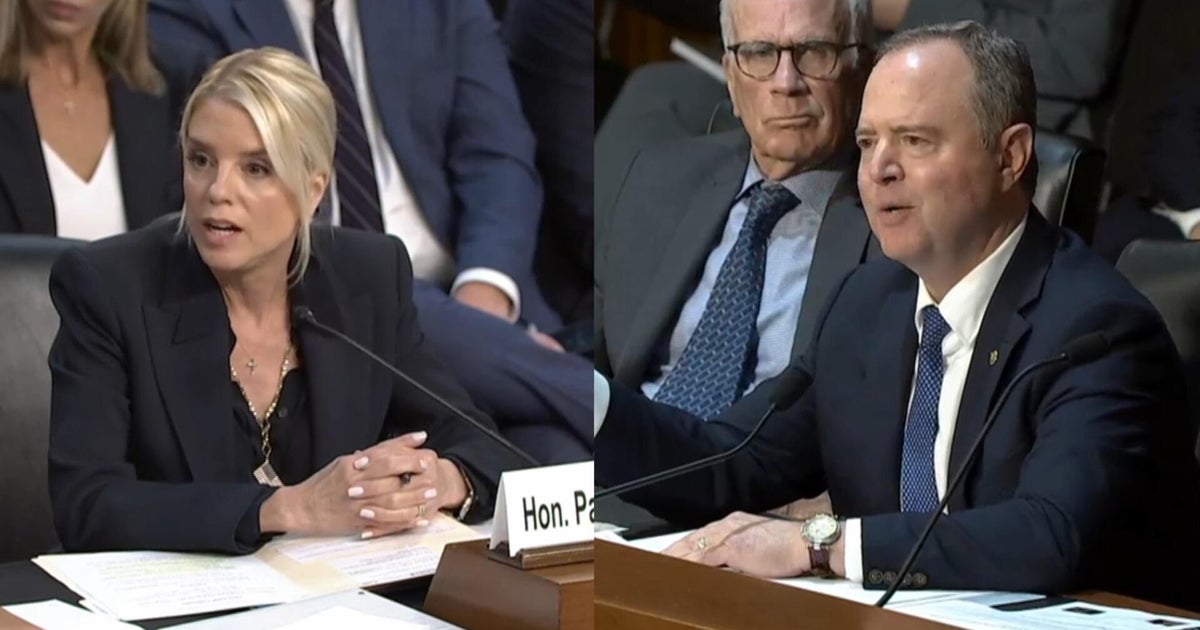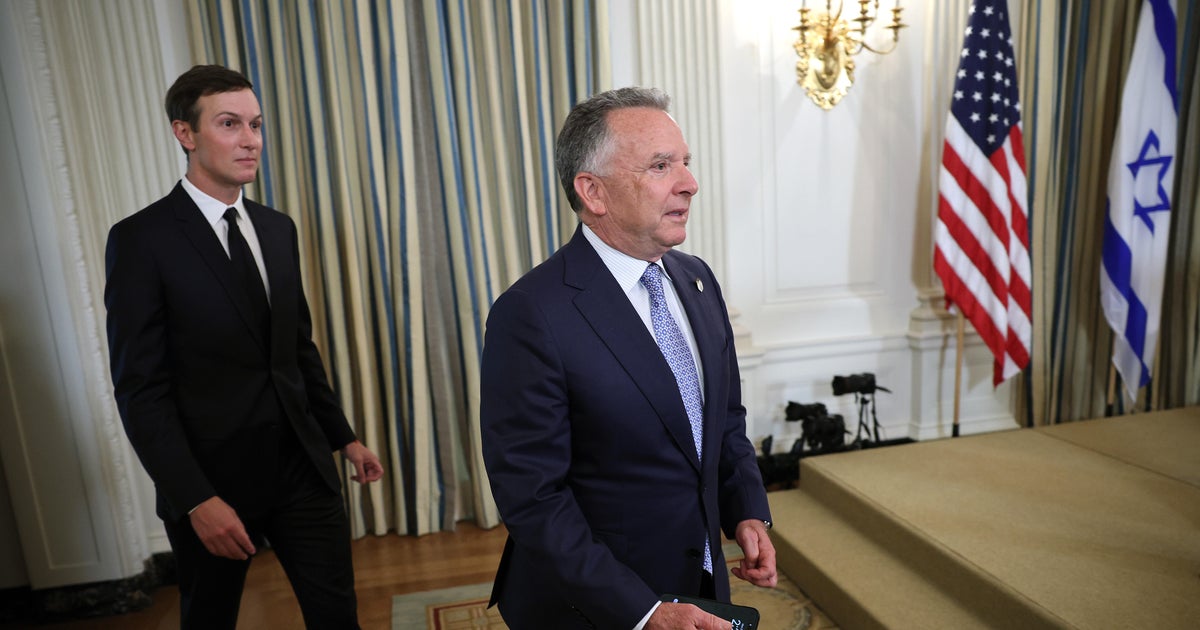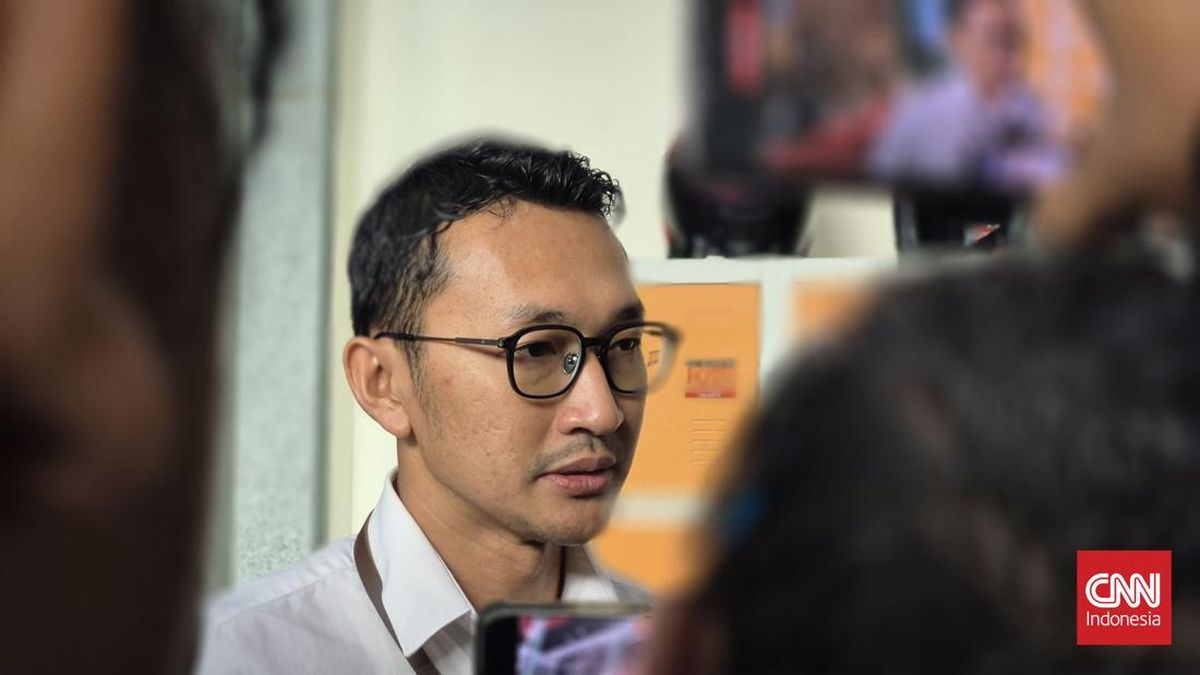Premiers accuse Albanese government of betraying hospital patients amid NDIS reforms
State premiers have accused the Albanese government of shortchanging Australians tens of billions of dollars in health funding, warning the gap will jeopardise the quality of hospital services while leaving states worse off under a federal proposal asking them to spend more on disability programs.
State and territory chiefs met on Monday to discuss overdue funding reforms from a landmark National Cabinet meeting in December 2023, when the states agreed to help fund a new system of disability “foundational support” to take pressure off the $48 billion NDIS.

State premiers Jacinta Allan and Chris Minns have issued a statement with their counterparts lashing federal health spending plans.Credit: Alex Ellinghausen
But almost two years later, a final deal is yet to be struck, leading the Council for the Australian Federation – which includes NSW Premier Chris Minns and Victorian Premier Jacinta Allan – to accuse the Albanese government of failing to uphold its end of the bargain and step up the federal share of hospital funding.
“[We have] expressed concern over significant Commonwealth government health funding shortfalls, which will impact the states’ and territories’ ability to provide the hospital services that Australians rightly expect,” the premiers and chief ministers said in a joint statement on Wednesday.
“First Ministers… are concerned that the Commonwealth does not intend to honour the December 2023 National Cabinet agreement, including the commitment that states and territories would be better off overall.”
Hospital costs are rising due to wage growth, an ageing population, more complex disease profiles and the continuing impacts of COVID-19. People using the public system have faced ballooning elective surgery waitlists, long emergency department wait times and ambulance ramping.
State premiers and territory chief ministers said the December 2023 deal had involved the Commonwealth promising to fund 42.5 per cent of public hospital costs by 2030, and 45 per cent by 2035.
“Under the arrangement now proposed by the Commonwealth, the actual share of Commonwealth funding will be closer to 35 per cent, falling tens of billions of dollars short of what is needed,” they claimed.
Health and Disability Minister Mark Butler, who has been leading the funding negotiations with states on behalf of the Albanese government, has been contacted for comment.
The Commonwealth gave the states a $1.7 billion one-year health payment earlier this year – which represented a 12 per cent boost to its share of hospital funding – while talks continued on a five-year agreement that links health funding to an outcome on NDIS reforms.
The states accused Butler of sidelining them on NDIS reform in August, when he announced the federal government would take over the design of the disability foundational supports and move autistic children with mild or moderate support needs off the scheme and onto a new system called “Thriving Kids” from 2027.
Minns said at the time he was not going to sign a blank cheque or “commit sight unseen” to the program, while Allan said she’d been kept in the dark over Butler’s announcement.
But the premiers on Wednesday said they were willing to work with the federal government to get the NDIS back on track by jointly funding, designing and commissioning foundational disability supports.
“First Ministers are concerned, however, that the combined health and disability reforms will not meet National Cabinet’s agreement that states would be better off overall. This will have a real impact on the ability of states and territories to provide the services that Australians rely on every day,” they said.
“State and territory First Ministers are willing to engage in positive discussions but call on the Commonwealth to also act in good faith and, within that context, to honour the commitments made at National Cabinet in December 2023.”
Loading
Under the current funding arrangements, the Commonwealth government is on the hook for unforeseen cost blowouts in the NDIS while the states are responsible for excessive public hospital costs. One of the persistent sticking points in negotiations for state premiers has been their desire to abolish the 6.5 per cent funding growth cap that exists on Commonwealth payments to hospitals.
In their statement on Wednesday, premiers and chief ministers said they were “acutely aware” they needed to manage growing cost pressures on public hospitals, but said those were largely driven by factors outside the states’ control.
“These factors include the high-inflationary environment following the pandemic, clinical workforce shortages, increased complexity and frailty of patients, and growth in ‘stranded’ patients that cannot access suitable aged or disability care.” they said.
“States and territories cannot address these issues alone. While First Ministers recognised the Commonwealth’s efforts to improve access to care and reduce pressure on hospitals, these efforts will not shift the dial quickly enough.”
Cut through the noise of federal politics with news, views and expert analysis. Subscribers can sign up to our weekly Inside Politics newsletter.
Most Viewed in Politics
Loading


















































